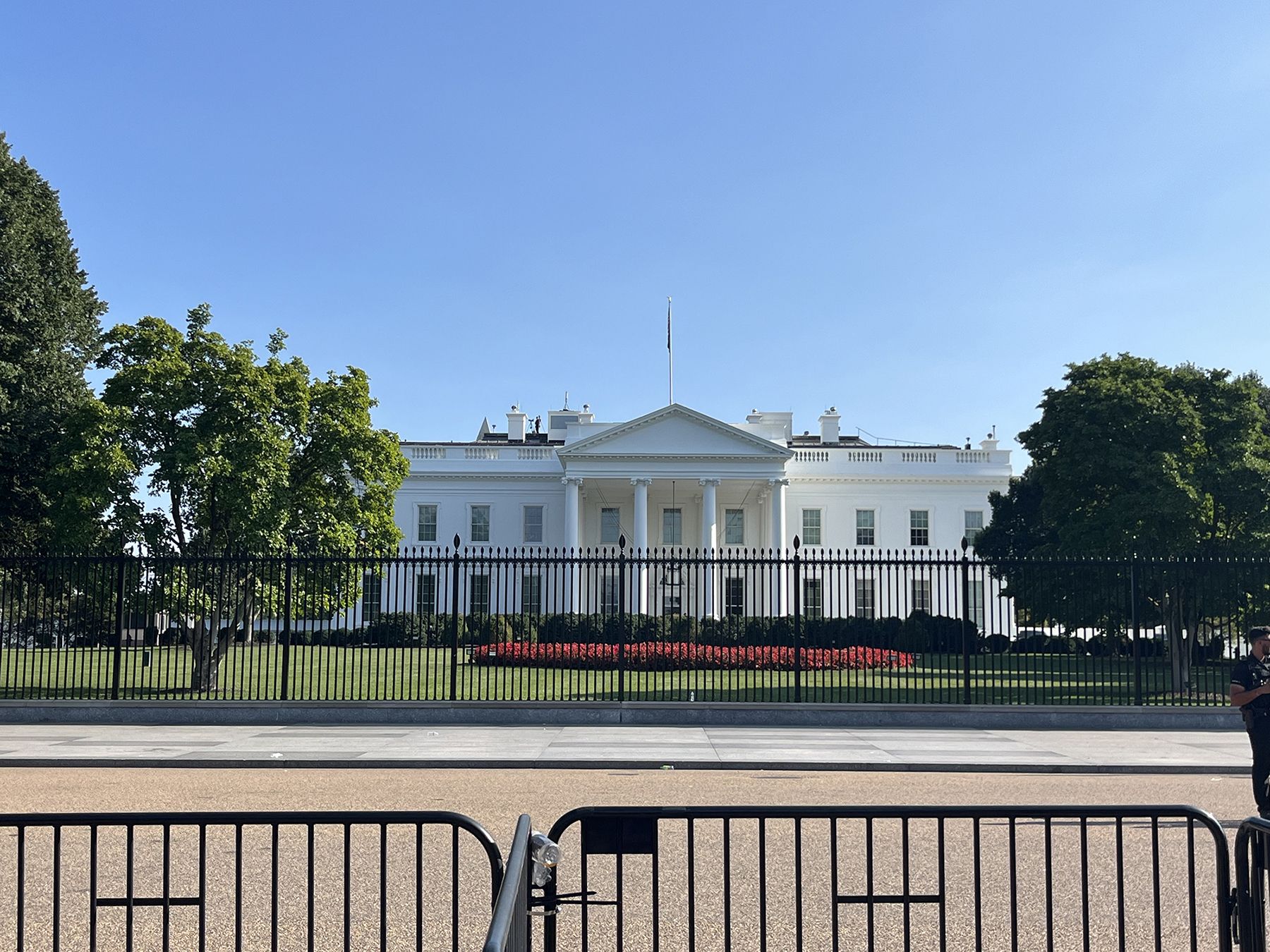As cannabis legalization continues to evolve across the United States, the question of federal marijuana rescheduling remains at the forefront of national discourse. The Drug Enforcement Administration (DEA) and other government agencies play pivotal roles in determining the legal classification of marijuana, a process that could significantly impact the cannabis industry and medical research. This article explores the key players in federal marijuana policy, the mechanisms for rescheduling, and the prospects for a shift in classification.
The Current Status of Marijuana Under Federal Law
Under the Controlled Substances Act (CSA), marijuana is currently classified as a Schedule I substance. This designation places it alongside drugs like heroin and LSD, defined as having “no currently accepted medical use” and a “high potential for abuse.” The Schedule I status has been a major barrier to research, regulation, and the wider acceptance of cannabis in the United States.
Key Agencies and Their Roles
Several federal agencies are involved in decisions regarding the scheduling of marijuana:
1. The Drug Enforcement Administration (DEA)
The DEA enforces the CSA and has the authority to classify substances into one of five schedules. The agency plays a critical role in responding to rescheduling petitions and reviewing recommendations from other government bodies.
2. The Department of Health and Human Services (HHS)
HHS, particularly through its subsidiary agencies like the Food and Drug Administration (FDA) and the National Institute on Drug Abuse (NIDA), conducts scientific and medical evaluations of substances. The FDA assesses whether a drug meets the criteria for a given schedule, and its findings heavily influence DEA decisions.
3. The Office of National Drug Control Policy (ONDCP)
The ONDCP sets federal drug control policies and works in tandem with other agencies to shape the national stance on substances like marijuana. While it does not directly control scheduling, it influences broader policy frameworks.
4. Congress
In addition to agency-led processes, Congress has the authority to pass legislation to reschedule or deschedule marijuana entirely. This bypasses the administrative process and directly amends the CSA.
The Process of Rescheduling Marijuana
Rescheduling a controlled substance is a multi-step process:
- Petition Filing: A petition to reschedule can be filed by any interested party, including individuals, advocacy groups, or governmental bodies.
- HHS Review: HHS conducts a scientific and medical evaluation, including an eight-factor analysis, and makes a recommendation to the DEA.
- DEA Review: The DEA reviews the recommendation and conducts its own analysis before issuing a final decision.
- Public Input: The DEA often solicits public comments during the review process, providing an opportunity for stakeholders to weigh in.
Rescheduling: Schedule III or Status Quo?
Recent developments have heightened speculation about marijuana’s future classification. In 2023, HHS recommended reclassifying marijuana as a Schedule III substance, which would acknowledge its medical value and reduce some regulatory burdens. Schedule III drugs, such as ketamine and anabolic steroids, are considered to have moderate potential for abuse and accepted medical uses.
However, the DEA has yet to act on this recommendation. While the agency often follows HHS’s guidance, it retains the discretion to maintain marijuana’s Schedule I status. Opposition from anti-cannabis advocacy groups, along with political considerations, could influence this decision.
Implications of Rescheduling
Reclassifying marijuana as a Schedule III substance would:
- Facilitate Research: Reduce barriers for scientific studies by loosening restrictions on cannabis access for researchers.
- Tax Benefits: Allow cannabis businesses to claim standard tax deductions, which are currently disallowed under Section 280E of the Internal Revenue Code.
- Shift Perception: Further legitimize cannabis as a medical treatment in the eyes of the public and policymakers.
However, rescheduling would not address broader issues such as state-federal conflicts or criminal justice reform. Descheduling marijuana entirely would be necessary to fully resolve these concerns.
Conclusion
The decision to reschedule marijuana lies in the hands of the DEA, guided by input from HHS and other federal agencies. While a move to Schedule III seems plausible, political and bureaucratic hurdles could delay or derail the process. Regardless of the outcome, the debate underscores the growing recognition of cannabis’s potential medical benefits and the need for an updated federal approach.


